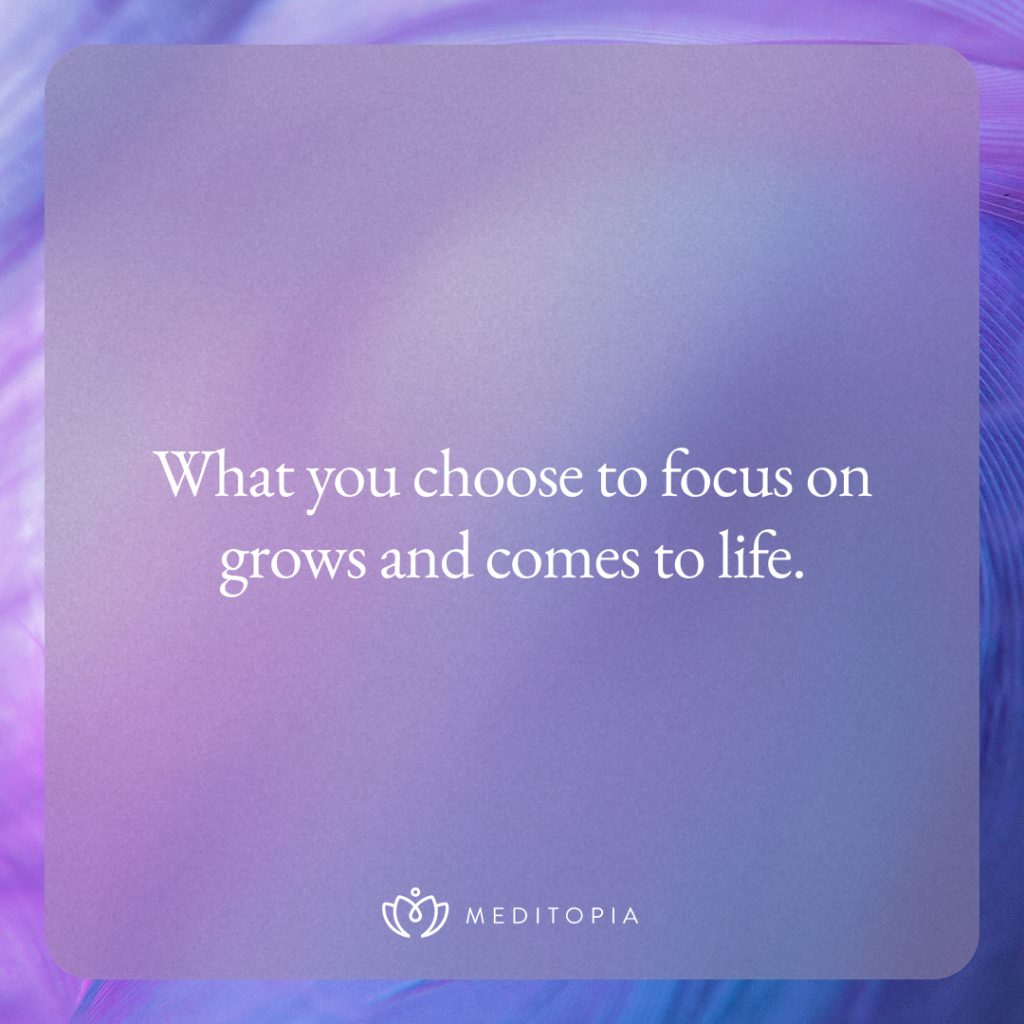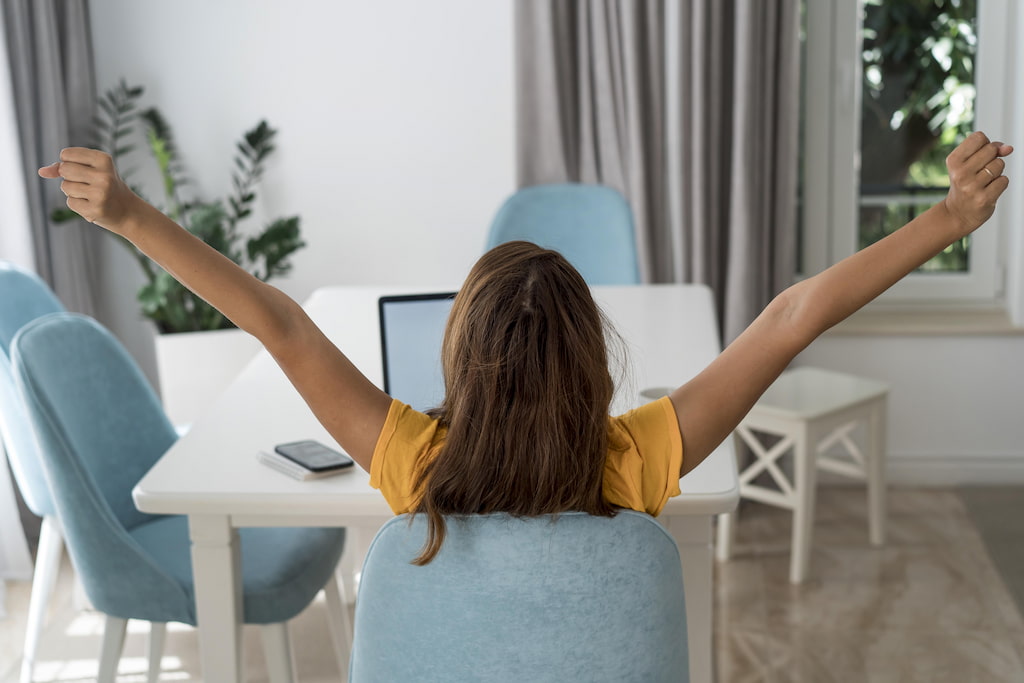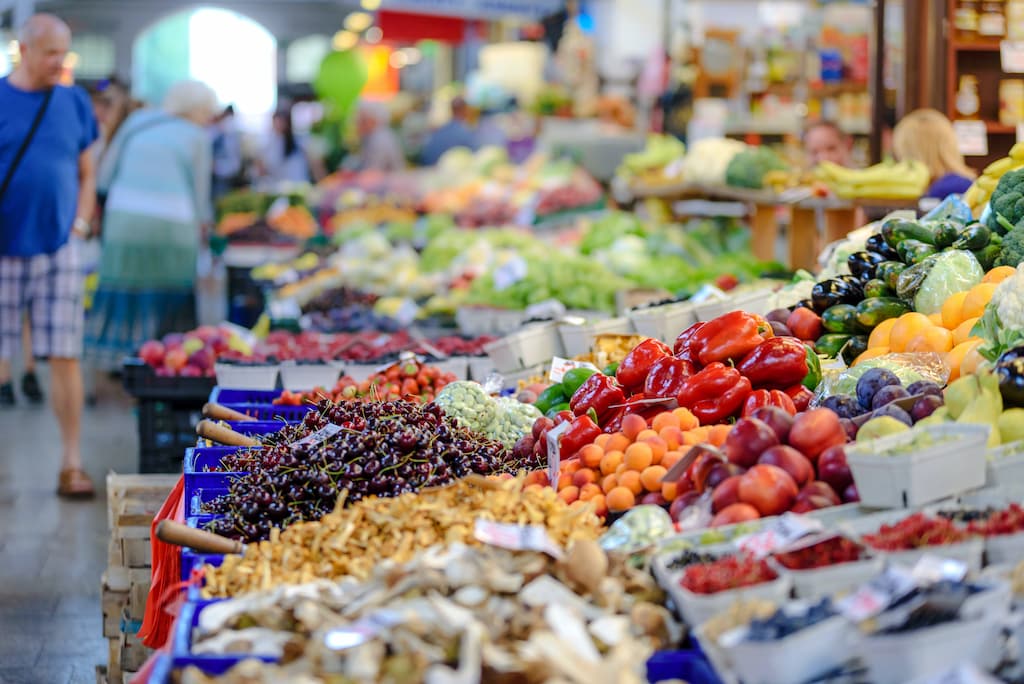Changes in the Wellness Landscape


Table of contents
The wellness landscape has experienced a great shift over the past year. Just as we’ve had to renegotiate our workspaces, schedules, and daily routines while experiencing the stress and grief of the pandemic, so too have we had to change how we attend to mindfulness and our own well-being. As 2021 progresses and vaccinations are on the rise, let’s consider some strategies for well-being we’ve learned so far from the pandemic, carrying that knowledge with us into the coming weeks, months, and years ahead.
Sleep is the New Self-Care
Because many of us have been working from home, our sleep schedules have likely shifted. Maybe that means we’re rolling out of bed and throwing on a work shirt and sweatpants right before a Zoom meeting or maybe that means we’re up earlier to take a moment to ourselves, enjoying a hearty breakfast. However our morning routines have changed since working remotely has likely had an impact on our sleep patterns as well. Knowing you don’t have to physically report to work may mean you’re sleeping in later or filling that extra time with other activities or hobbies.

Pandemic or not, getting a good night’s rest directly impacts both our physical and mental well-being. In the article, “Sleep-Care Is the New Self-Care. Here’s How to Up Your Game in 2021,” Lindsay Champion notes that, “people who [are] sleep deprived [have] reduced reaction time, a more limited ability to pay attention, difficulty with both short- and long-term memory, trouble with logical reasoning and critical thinking and were not able to switch between tasks as easily.” So, if sleep is so crucial to our well-being, what shifts will we see in sleep-care moving forward? Mollie McGlocklin, founder of Sleep Is A Skill, thinks that sleep trackers will be on the rise in the future and was quoted saying, “‘What gets measured gets managed. Plus, sleep trackers help definite the parameters of restful sleep, including biometrics like heart rate and body temperature.’” While these trackers can be helpful tools to manage sleep, devoting time to a sleep routine is just as important. We’ve all been there when you have the conversation with yourself, saying you’ll go to bed earlier each night. But then we don’t factor in brushing our teeth, washing our face, getting off our phones, and other pre-sleep habits.

So, if you’ve decided to focus on getting quality sleep, first start by identifying your current practices before bed. How long does it typically take you to complete them? Let’s say your nighttime routine is 30 minutes. That means, if you’re trying to go to bed at 10:30 each night, you’ll want to start getting ready at 10:00. You’ll also want to take stock of your sleep environment. Do you need your space to be warm or cold? White noise or silence? Start by taking an inventory of your sleep comforts and go from there. You can also try adding relaxing practices into your routine to help you fall asleep easier like sleep meditations, stories, or music.

A New Relationship with Food
While food scarcity was already an issue before the pandemic, access to food became even trickier when Covid-19 hit with the closure of schools, loss of jobs, and more leaving many people to turn to food banks, mutual aid organizations, and community resources in order to put food on the table. This reality has brought up the question of how we consume food, particularly in the US, as “food waste is estimated at between 30-40 percent of the food supply.” With such a staggering statistic, we have to ask ourselves how to make a shift toward more mindful food consumption. The Upcycled Food Association states that upcycling food, “is an ancient tradition based on the philosophy of using all of what you have,” and has the potential to reframe how we think about and utilize food. They go on to note that upcycled foods are created from ingredients that would typically be found in a landfill that can be repurposed for human consumption while also suited for “animal feed, pet food, cosmetics and more.” Because food production and consumption reaches so many industries, it can have a significant impact on our environment, community, and personal well-being.

If you’re looking to start incorporating upcycled foods into your life, consider starting small. The food production industry as a whole needs to make a more sustainable shift, but maybe your individual or company contribution starts with consuming or providing more whole, unprocessed, and local foods. Maybe that means you use the remaining apple peels from that pie you baked recently to make apple-infused bourbon or maybe you try putting those green onions in water, reusing them as they grow. Just like small shifts in your pre-sleep routine can have a major impact on your well-being, so too can your relationship with food, not just for yourself but for our environment, for each other.
How are you taking care of yourself and those around you as you move through 2021? Remember, while the above strategies are applicable to individual practice, they’re also community conversations. Have you thought about how workplace stressors impact sleep? What about if your workplace is offering flexible lunch scheduling or access to food for those who need it? What changes do you see need to be made?
